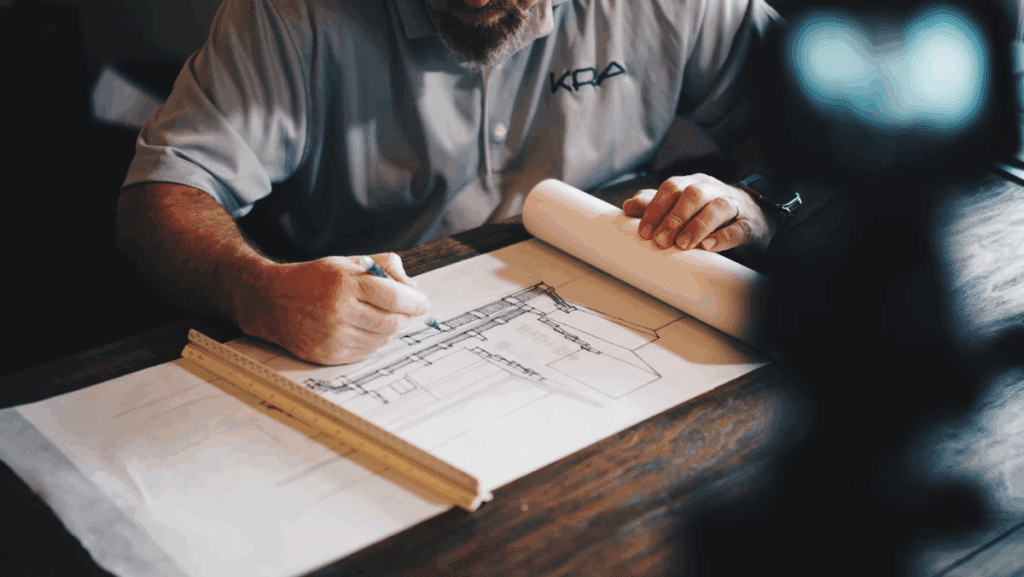
Sponsored Content: What Does an Industrial Construction Consultant Do?
The Strategic Backbone of Industrial Projects
Every significant industrial development rests on a core team of experts, among which the industrial construction consultant plays a vital yet often overlooked role. These specialists serve as a guiding force from conceptualisation to completion, navigating a project through technical, legal, and logistical complexity.
Early-Stage Insight and Feasibility Studies
Before any groundwork begins, the consultant evaluates the practicality and economic potential of the proposed site and structure. Through in-depth feasibility analysis, they assess location suitability, estimate timelines, calculate potential returns, and flag red flags that could affect success. Here, the industrial construction consultant merges technical knowledge with market understanding to determine whether an idea should be pursued, shelved, or reshaped.
Project Planning and Structuring
Once viability is confirmed, meticulous planning becomes the next focus. From procurement frameworks to scheduling milestones, the consultant constructs a detailed project roadmap. This plan doesn’t simply exist for internal organisation—it becomes the reference point for investors, contractors, and engineers alike. A well-structured schedule is often the difference between a streamlined operation and a costly delay.
Design and Build Coordination
Few sectors are as dependent on the harmony between design and execution as industrial construction. Consultants ensure architects, engineers, and builders align with one another in both vision and output. It’s not only about coordinating professionals—it’s about synchronising multiple systems, from HVAC networks to structural supports, all while ensuring operational requirements are met without compromise.
Identifying and Managing Risks
Risk is a constant companion in industrial construction. Unforeseen events—material shortages, regulatory shifts, ground instability—can emerge at any stage. An experienced consultant doesn’t merely react to these disruptions. They anticipate them, building contingencies into the fabric of the plan. Each potential issue is examined, quantified, and either mitigated or monitored to protect timeframes and budgets.
Navigating Regulatory Landscapes
Compliance with building codes, environmental mandates, and safety legislation demands more than a passing understanding of regulations. The consultant’s job includes maintaining current knowledge of evolving laws while interpreting how those rules apply to the specific context of the project. They often act as the intermediary between local authorities and the client, securing permits, arranging inspections, and ensuring documentation is both accurate and complete.
Cost Control and Financial Guidance
Industrial projects run on tight margins. Even minor miscalculations can spiral into budget overruns. Consultants offer financial oversight that goes beyond accounting. They scrutinise estimates, monitor ongoing expenditures, and identify opportunities for cost reduction without compromising quality. Their involvement can reveal inefficiencies and help refocus resources toward high-impact areas.
Communication Across Stakeholders
Construction environments teem with voices—subcontractors, site managers, legal teams, suppliers. The consultant serves as a central communicator, translating between groups with different priorities and technical languages. In this role, clarity is key. Their input prevents misunderstandings and promotes cohesion, ensuring every component of the project ecosystem moves in the same direction.
Post-Construction Evaluation
Even after the ribbon is cut, their work continues. Consultants often remain involved during the handover, checking for compliance with contract terms, verifying that equipment performs to spec, and confirming that all documentation is finalised. They may even assist in troubleshooting issues that emerge during the early operational phase.
Conclusion
In essence, an industrial construction consultant blends analytical thinking, regulatory fluency, and project foresight to steer complex builds toward success. Their contributions shape not just what gets built—but how efficiently, safely, and sustainably it’s done. Without their influence, industrial construction would become far more unpredictable, and far less effective.
TAGS

